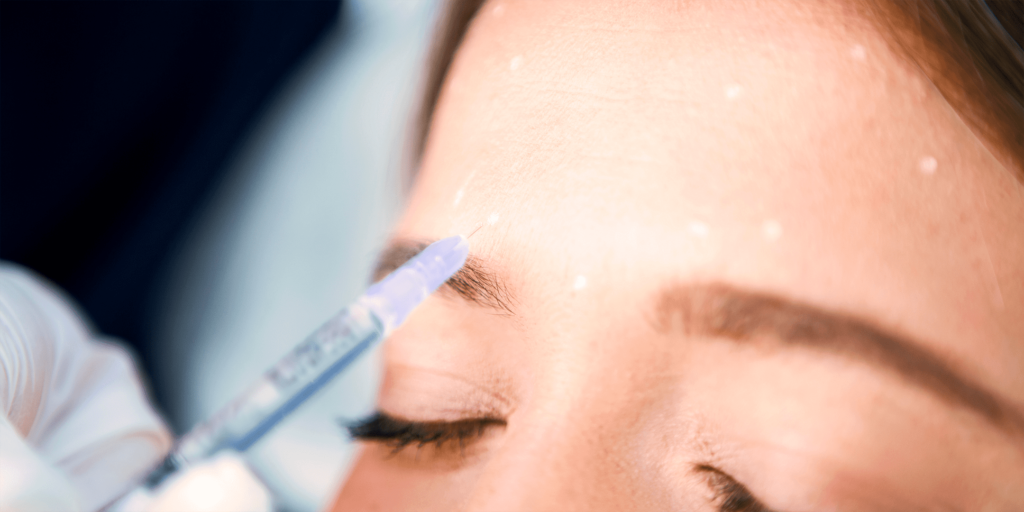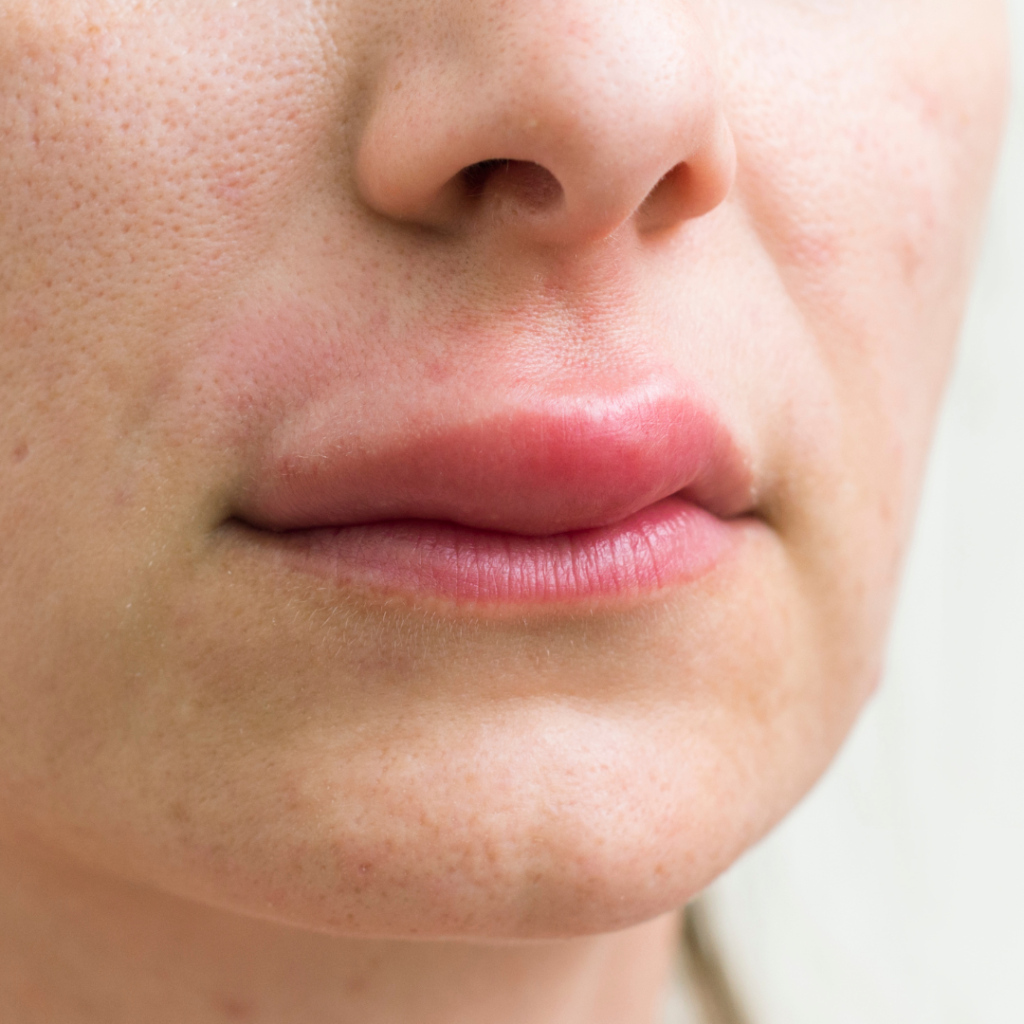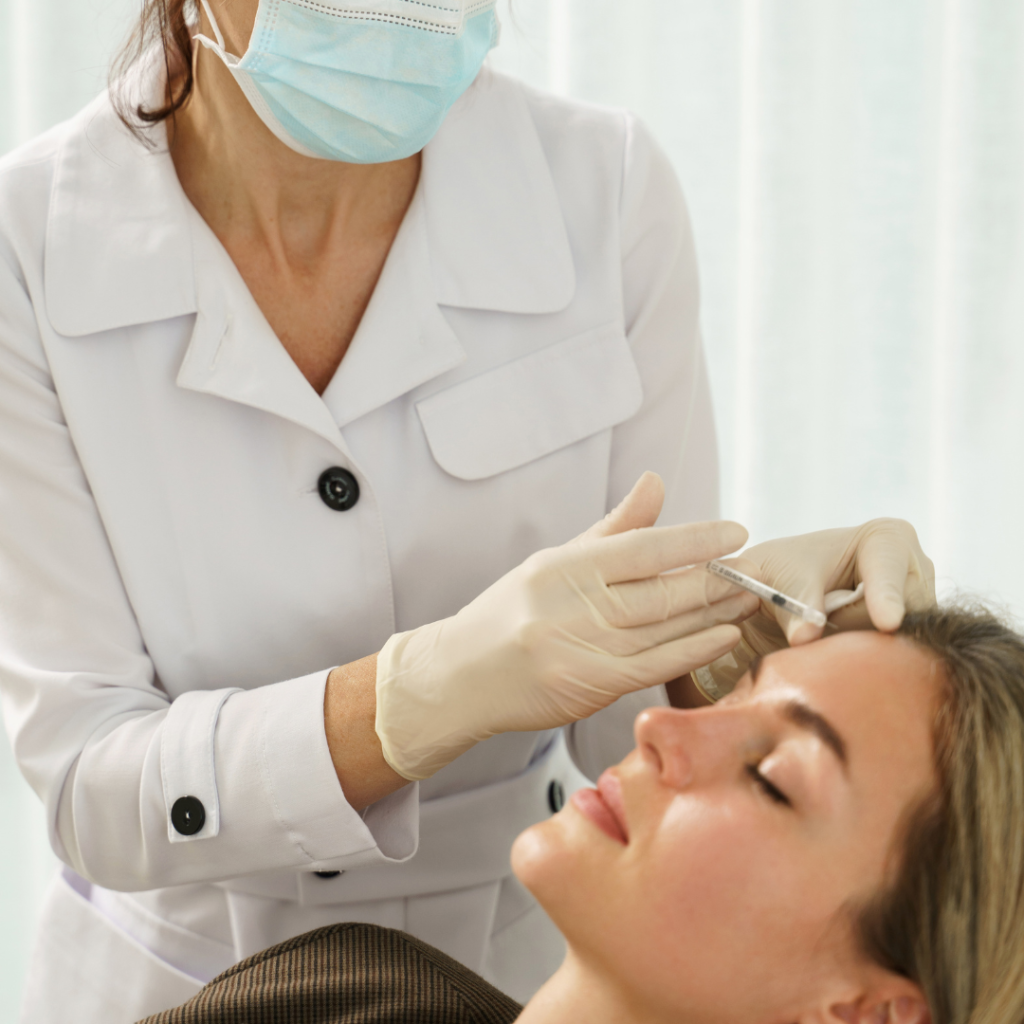
The threat of “fake injectors” in the field of aesthetic medicine has existed for about a decade. This phenomenon has gained momentum with the advent of social media and the ease of access to information online. In 2023, these practices have been repeatedly called out. Let’s continue this fight.
Fake Injectors: A Closer Look at a Growing Menace
Fake injectors, also known as “rogue injectors,” are unqualified and illegitimate individuals performing aesthetic procedures. Most often, these involve injections of hyaluronic acid and botulinum toxin carried out without the necessary qualifications or skills. These practitioners operate outside legal frameworks and often in inappropriate settings, thus endangering patient safety. They recruit their “clients” through social media platforms like TikTok, displaying fake diplomas, testimonials, and attractive promotions to lure uninformed victims.
The risks associated with interventions performed by fake injectors include the use of non-compliant products, lack of aseptic standards, anatomical ignorance, and serious side effects that can lead to potentially irreversible damage to patients. This alarming trend primarily affects young women aged 18 to 35, who make up about 70% of the victims. This figure underscores the urgency of increased awareness and targeted education, particularly among young patients, to protect them from health and aesthetic risks.

Fake Injectors: Actions to Stop These Practices
As an aesthetic physician committed to combating “fake injectors,” you can weave a network of actions to strengthen the integrity of aesthetic medicine. It all starts with continuous education, staying at the forefront of the latest advancements in aesthetic procedures. This in-depth knowledge not only enhances your credibility but also forms the foundation for providing high-quality care to your patients.
Joining professional associations, such as the Union Française de l’Esthétique Médicale (UFEM), is a key step. By joining these networks, you benefit from the support of the medical community, gain access to crucial educational resources, and participate in collective initiatives against “fake injectors.” Additionally, maintain transparency with your patients about procedures, expected results, and potential risks, fostering trust and creating a shield against dubious practices. Extend this fight to your social media platforms.
Educate your patients about the inherent dangers of unqualified aesthetic injections through posts and videos. Provide them with educational resources and encourage them to verify the qualifications of professionals. By doing so, you actively involve them in their own protection.

Close collaboration with medical regulatory bodies is a cornerstone of your commitment. By reporting any suspicious activity, you contribute to strengthening regulations around aesthetic procedures, ensuring a safer environment for patients. Finally, actively promote the verification of qualifications among your peers and patients. Clearly display your certifications on your website, in your office, and on social media.
Remember, only doctors registered with the Medical Board who have undergone specific training are authorized to perform injections of hyaluronic acid, Botox, and other fillers. The only additional diploma recognized by the Order of Physicians is the DIU in morphological and anti-aging medicine.
At Médical Production, our team is more than ever mobilized in this fight against “fake injectors,” aware of the crucial stakes for the integrity of aesthetic medicine. With our in-depth expertise in this field, we are committed to supporting aesthetic physicians. Together, we can use our know-how to help these professionals inform and educate their patients through digital channels. Contact us at contact@medical-production.fr!



